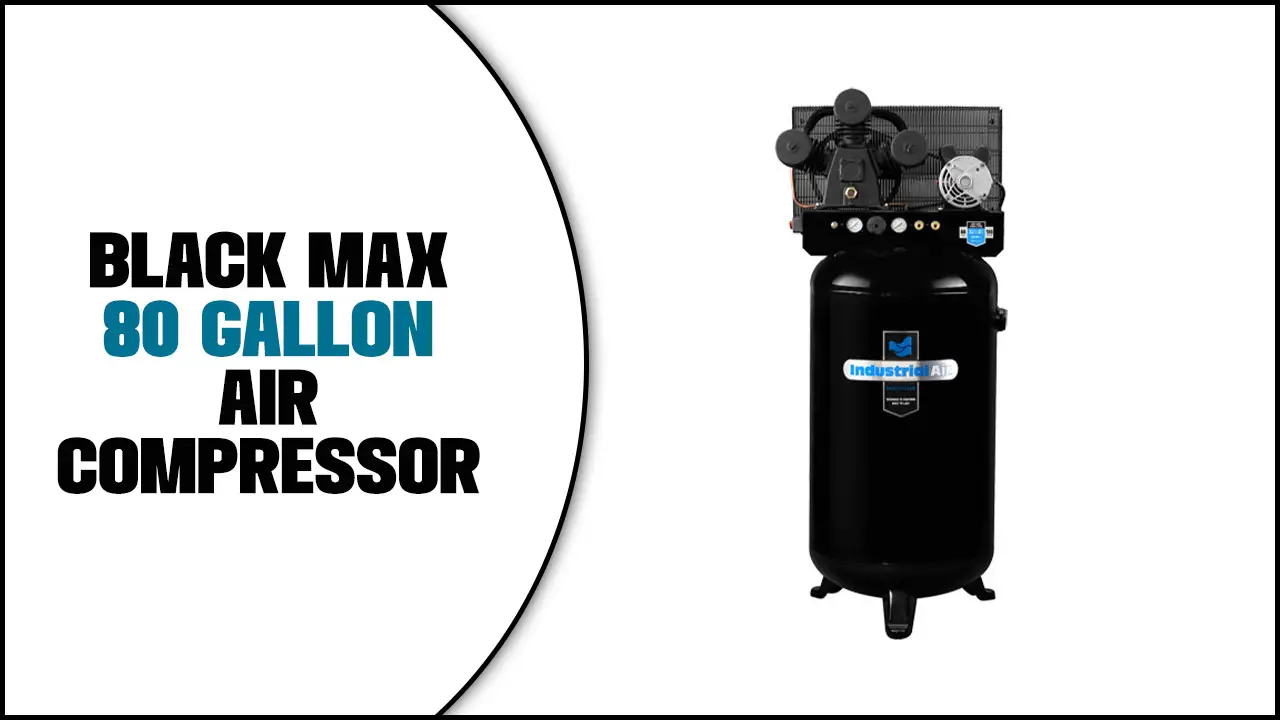Composting is essential for individuals and communities looking to reduce waste and environmental impact. However, a number of laws and regulations govern how to compost, even though it may seem like a simple process.
These laws vary depending on where you live, and failure to comply with them can result in fines and other penalties. As such, it’s crucial to understand your area’s composting laws before you begin any composting activities.
We’ll explore the most important laws and regulations you need to know. We’ll cover everything from zoning and land use laws to composting materials and storage regulations. Also We’ll also provide strategies for complying with these laws and avoiding legal issues.
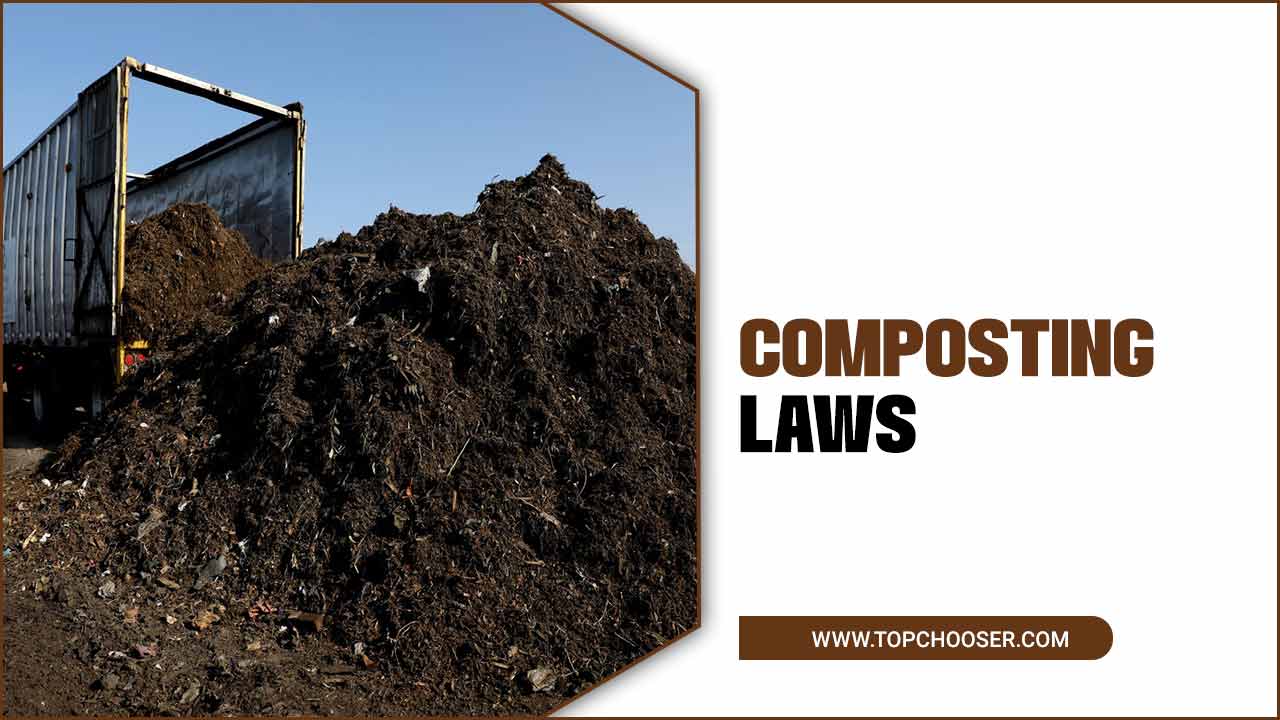
What Are Composting Laws?
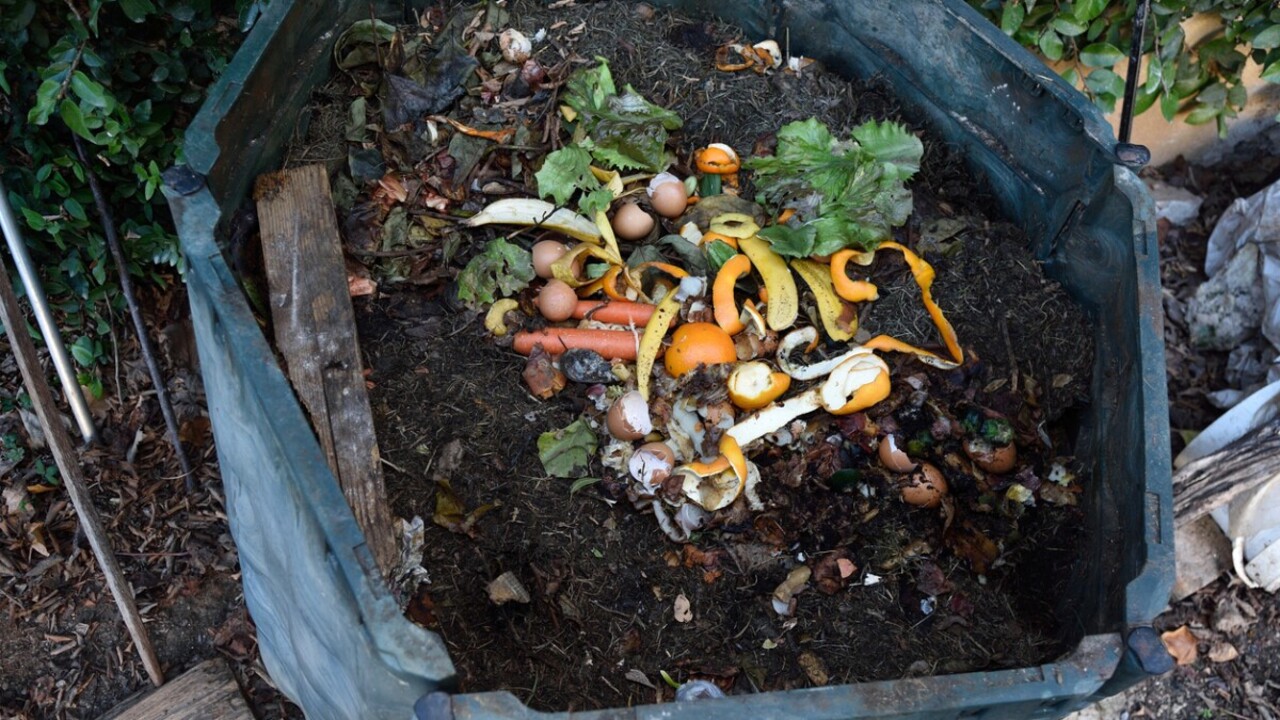
Composting laws refer to regulations and guidelines that govern the process of composting organic waste. These laws vary by jurisdiction but generally aim to promote environmentally friendly practices, reduce waste sent to landfills, and encourage the use of compost as a valuable soil amendment.
Lawmakers may require proper composting techniques, such as temperature control and turning frequency, and impose restrictions on compostable materials They may also address issues such as odor control, pest management, and the appropriate use and labeling of compost products.
Composting Laws Know Your Rights And Responsibilities
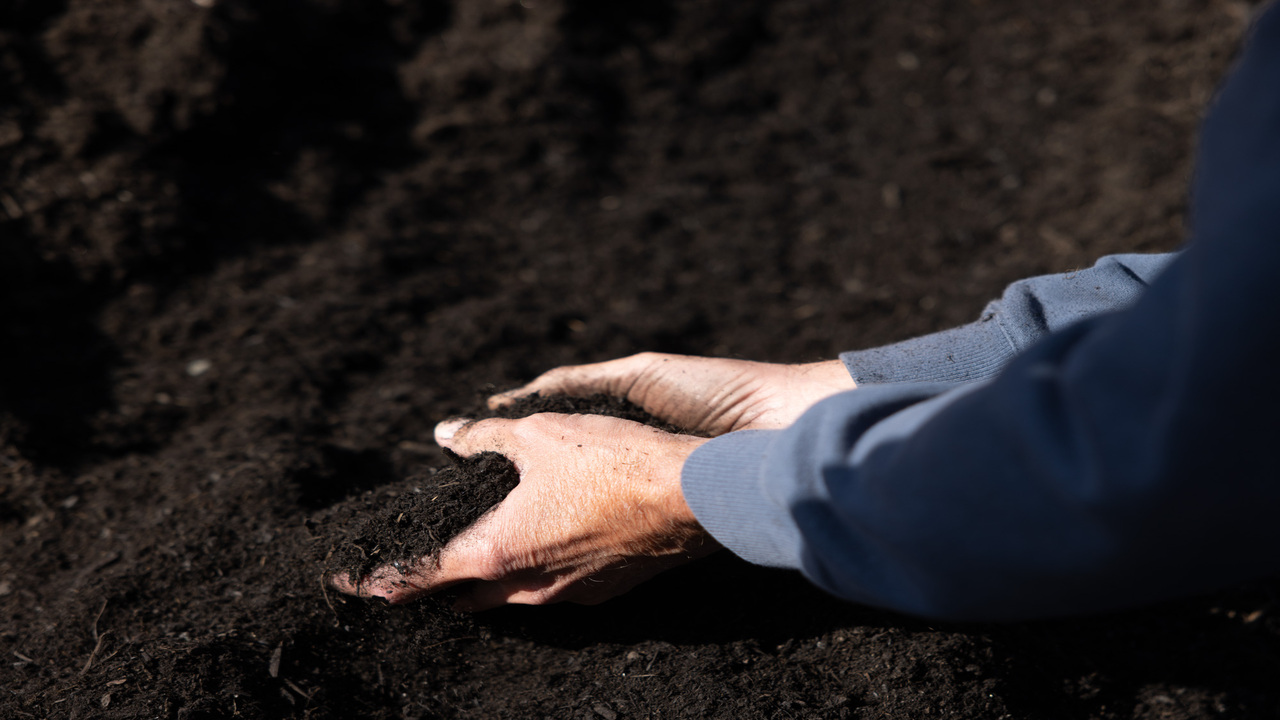
Regarding composting, it is important to know the laws governing this practice. Composting laws can vary depending on your location, so knowing your rights and responsibilities as a composter is essential. Some areas may have specific regulations regarding what can and cannot be composted and guidelines for proper compost management.
It is crucial to familiarize yourself with these laws to ensure you comply and avoid potential fines or penalties. Additionally, understanding your rights as a composter can help you advocate for sustainable waste management practices in your community. By being knowledgeable about laws, you can contribute to a healthier environment and promote the benefits of composting.
The Environmental Impact Of Composting
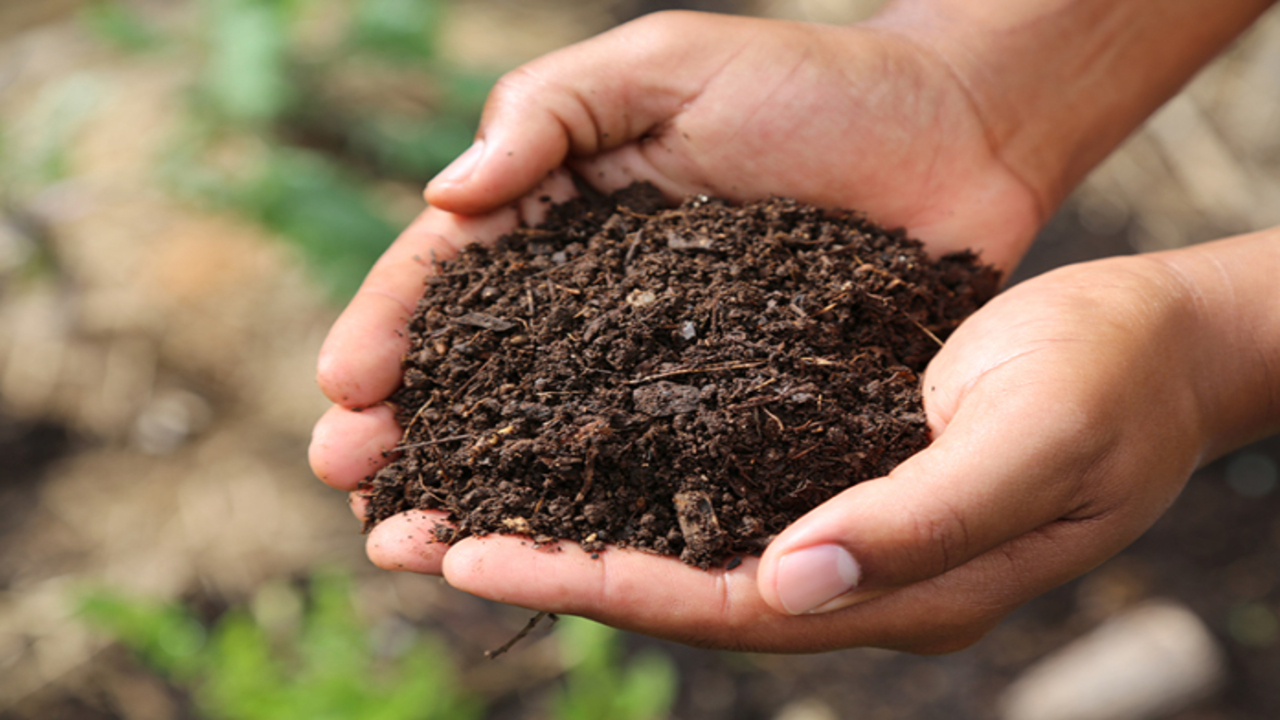
Composting has a significant environmental impact, making it an important practice for individuals and communities to adopt. When we compost organic waste, it naturally breaks down and releases valuable nutrients into the soil.
This nutrient-rich compost can be handy in gardening and agriculture, reducing the need for chemical fertilizers that can harm the environment. Additionally, composting helps divert organic waste from landfills, where it would otherwise produce harmful greenhouse gases like methane. Individuals can reduce greenhouse gas emissions and promote a more sustainable future by choosing to compost.
State Composting Laws
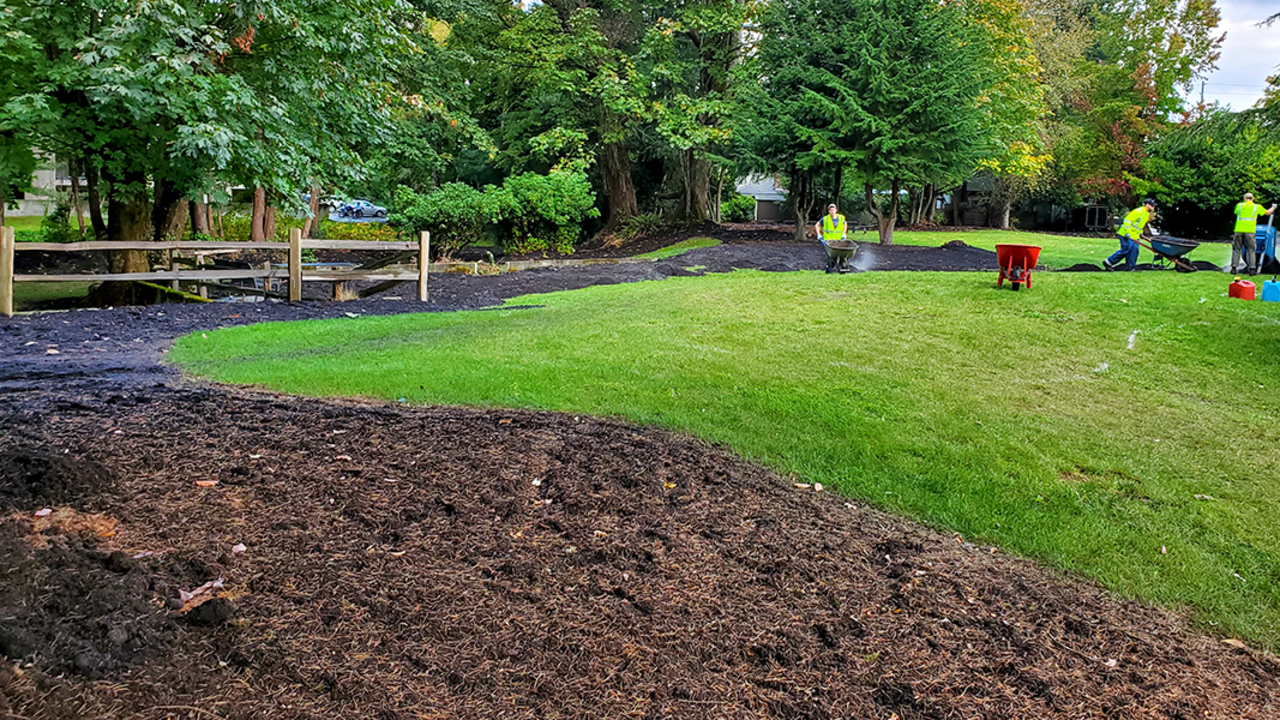
State composting laws vary across the United States, with each state having its own regulations and requirements. Some states have implemented mandatory composting programs, while others have voluntary initiatives or no specific laws in place.
These laws typically address issues such as composting facilities, compost quality standards, and the types of materials that can be composted. It is important for individuals and businesses to familiarize themselves with their state’s laws to ensure compliance and to promote sustainable waste management practices. Additionally, staying informed about these laws can help support efforts to reduce organic waste and protect the environment.
Composting On Private Property
Composting on private property is generally allowed in most areas, but there may be certain restrictions or guidelines that need to be followed. It is important to check local zoning laws and regulations to ensure compliance with any restrictions on composting.
Some municipalities may have specific composting requirements, such as using designated compost bins or guidelines for odor control. Proper maintenance of the compost pile, including regular turning and monitoring for odors or pests, is important to prevent any potential violations of local ordinances.
Legal Issues Surrounding Composting
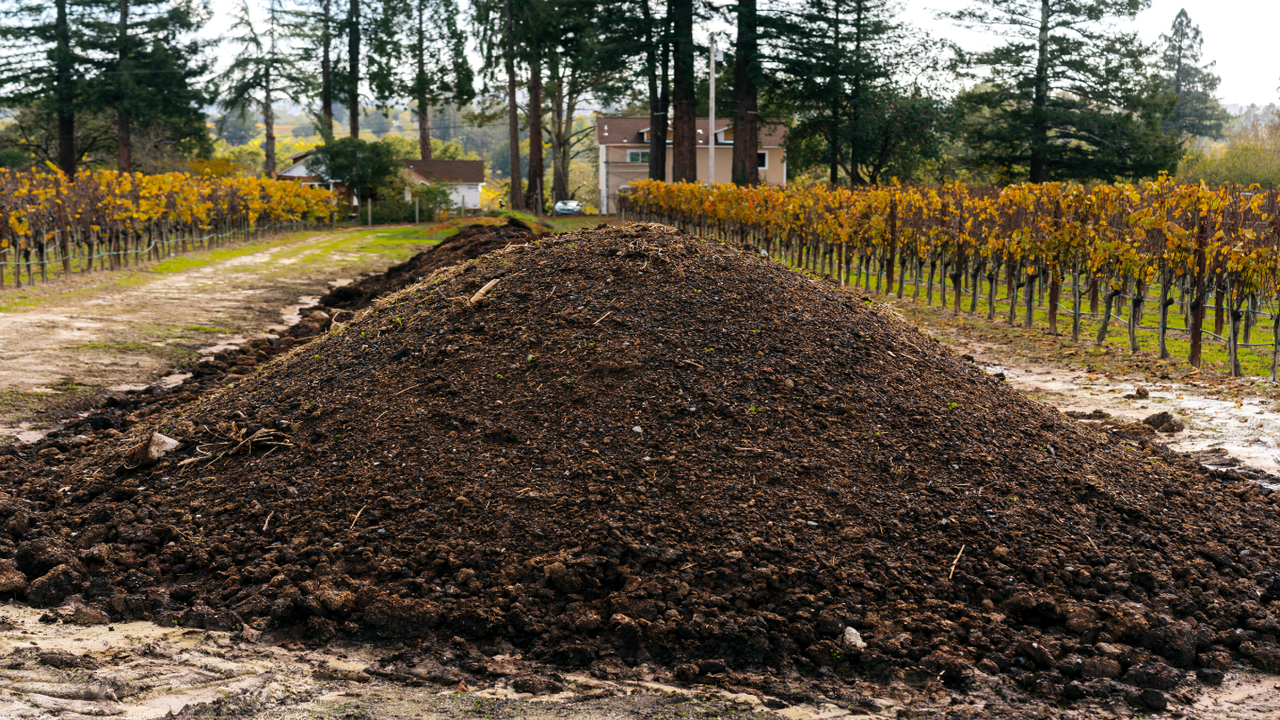
Composting laws can vary from jurisdiction to jurisdiction, so knowing the legal issues surrounding composting in your area is important. In some places, there may be regulations regarding what can and cannot be composted, such as restrictions on certain types of organic waste or limitations on using certain additives.
Additionally, there may be rules regarding the location and management of composting facilities, including requirements for odor control and site maintenance
It is important to familiarize yourself with these laws to ensure you comply and avoid any potential legal issues related to your composting activities. Consulting with local authorities or seeking legal advice can help you navigate the specific regulations in your area.
Benefits Of Composting Laws
Composting laws can have numerous benefits for both individuals and the environment. These laws help to promote sustainable waste management practices by requiring or incentivizing the separation of organic waste for composting instead of sending it to landfills.
By diverting organic waste from landfills, composting reduces greenhouse gas emissions and helps to combat climate change. Additionally, composting laws can help to improve soil health by creating nutrient-rich compost that can be used as a natural fertilizer.
This can lead to increased agricultural productivity and reduced reliance on synthetic fertilizers. Composting laws also encourage community engagement and education around sustainable waste management practices, fostering a sense of environmental responsibility among individuals and businesses. Overall, implementing laws can contribute to developing a more sustainable and environmentally-friendly society.
How To Comply With Composting Laws
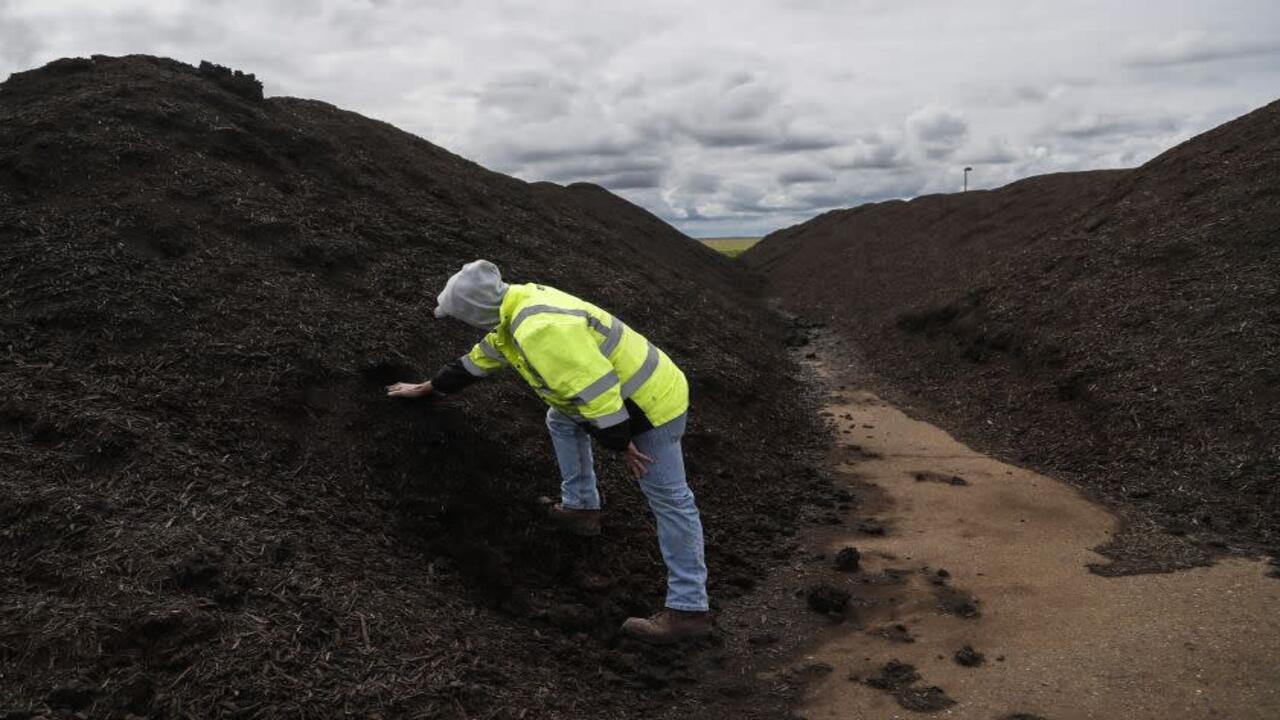
Complying with composting laws is essential for individuals and businesses that engage in composting activities. These laws vary by jurisdiction, so it is important to familiarize yourself with the specific regulations in your area. Here are some general tips on how to comply with composting laws:
- Understand the requirements: Research and understand the specific requirements set forth by your local government regarding composting.
- Set up a proper composting system: Ensure that you have a suitable composting system in place that meets the standards outlined by your local authorities. This may involve using designated compost bins or containers, properly turning and mixing schedules, and maintaining appropriate temperature and moisture levels.
- Educate yourself and your staff: Make sure that you and anyone involved in the composting process are educated on best practices for composting and any specific rules or regulations that need to be followed. This can help prevent any unintentional violations of the law.
- Keep records: Maintain accurate records of your composting activities, including dates, quantities, and types of materials being composted.
- Stay updated: laws and regulations can change over time, so it is important to stay informed about any updates or revisions to the rules in your area. Regularly check for new guidelines or amendments to ensure ongoing compliance with the law.
Common Mistakes To Avoid When Composting
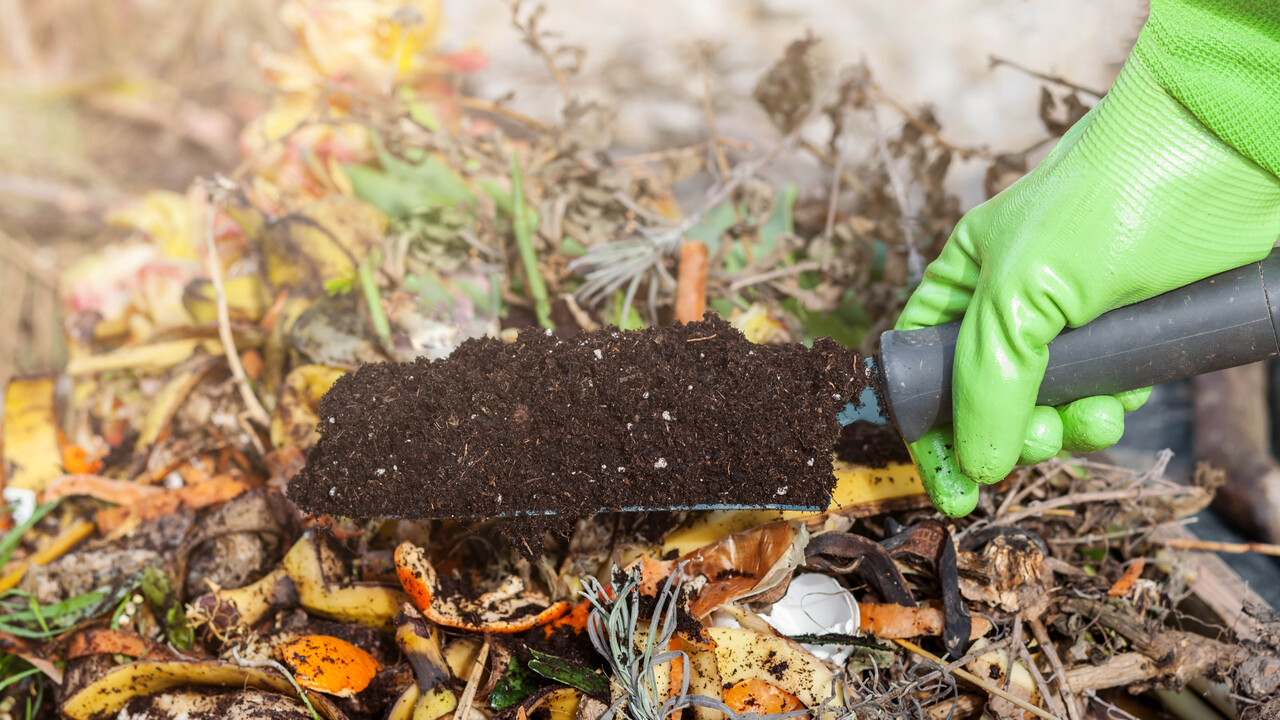
Composting is a great way to reduce waste and create nutrient-rich soil for your garden. However, there are some common mistakes that people often make when composting. Adding meat or dairy products to the compost pile is one of the biggest mistakes.
These items can attract pests and create unpleasant odors. Another mistake is not turning the compost regularly. Turning the compost helps to aerate it and speed up the decomposition process. Additionally, adding too much or insufficient water can also be a mistake.
The compost should be moist but not soggy. Finally, using compostable bags that aren’t actually compostable can contaminate the pile with microplastics. By avoiding these common mistakes, you can ensure that your composting efforts are successful and environmentally friendly.
Conclusion
Composting laws are put in place to regulate and promote responsible waste management practices. They ensure that composting is done safely, efficiently, and in compliance with environmental regulations.
By following composting laws, you can contribute to reducing greenhouse gas emissions, conserving natural resources, and improving soil health. Complying with these laws is essential to avoid penalties or legal issues. Start positively impacting the environment today by understanding and following the laws in your area.
Avoid common mistakes and ensure that your composting practices align with legal requirements. By complying with these laws, we can protect the environment, promote public health, and create a more sustainable future for ourselves and future generations.
Frequently Asked Questions
[rank_math_rich_snippet id=”s-75a21a87-1087-4798-b2a6-a6889600e5c3″]

I am passionate about home engineering. I specialize in designing, installing, and maintaining heating, ventilation, and air conditioning systems. My goal is to help people stay comfortable in their homes all year long.





